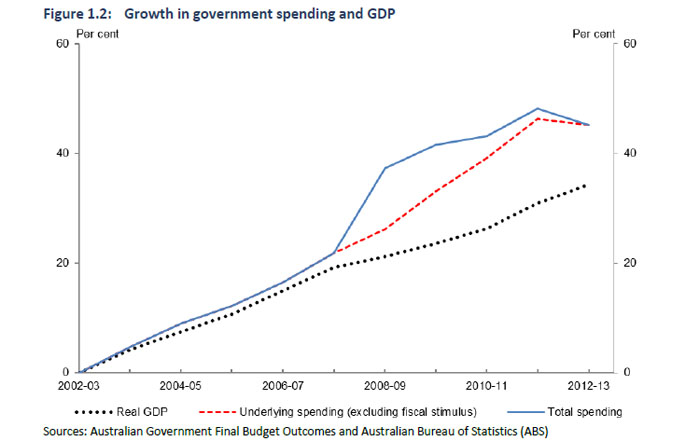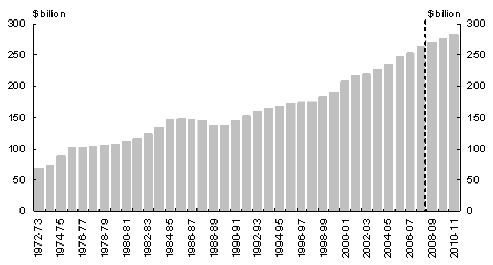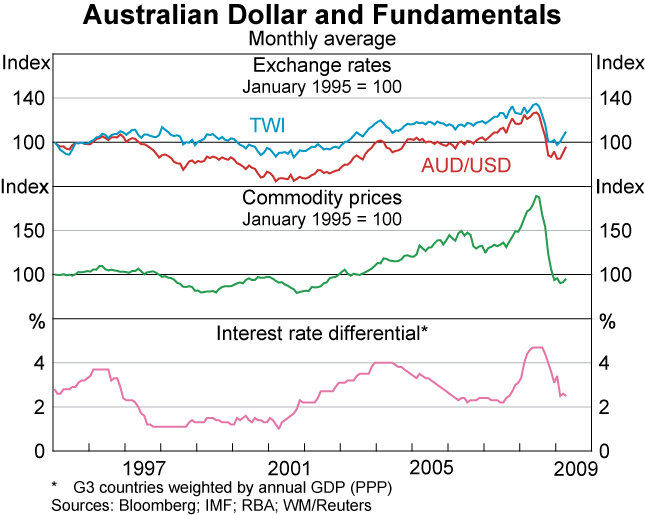Power Raid
We Exist To Win Premierships
We (as a nation) must at least be part of the research, development & design efforts of some of these sunrise technologies. Otherwise we are FORKT. Even some high tech specialist manufacturing is not beyond us. We do need to invest in these areas before we lose too many more quality researchers to OS.
Biomedical is another area we must invest more in before we fall behind forever.
I'm not sure if this Gument understand the idea or urgent need for such Investment. IMO this bunch of visionless bean counters seem to want to economically 'act in haste', only to have us all 'repent at leisure', to use an old saying.
I wish I could say the gument are supportive but unfortunately the Labor gument changed the tax laws and forced investment companies to shift OS.
we need to tax foreign investment the same as local investment.
Hopefully that fix it over the next decade or two.







